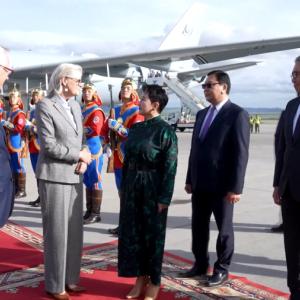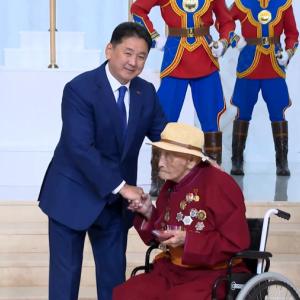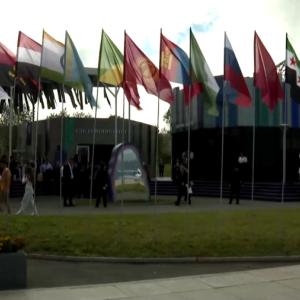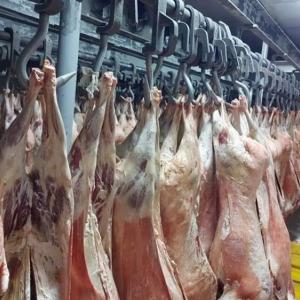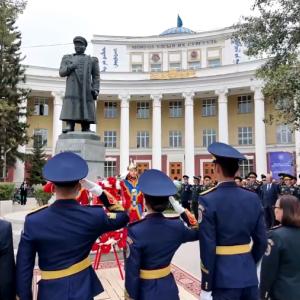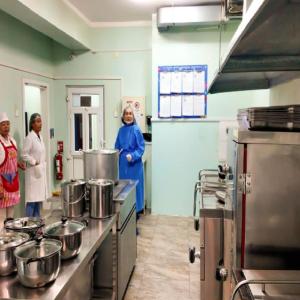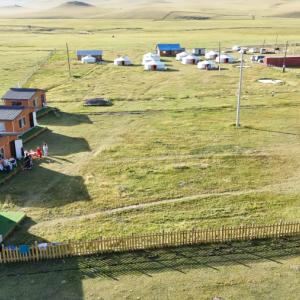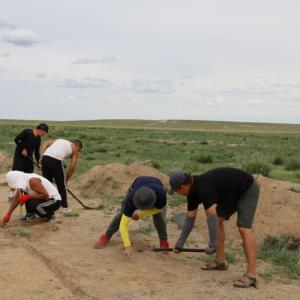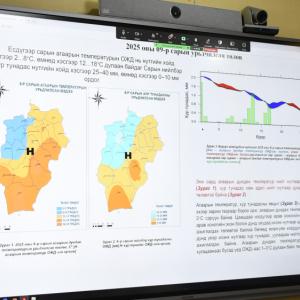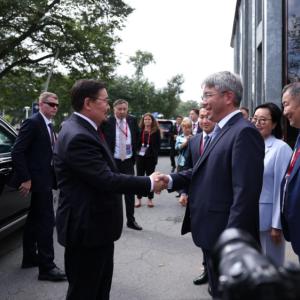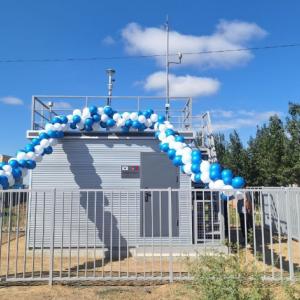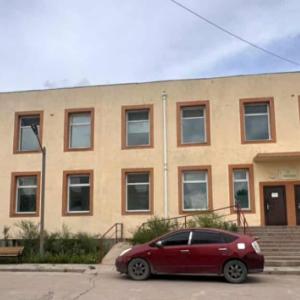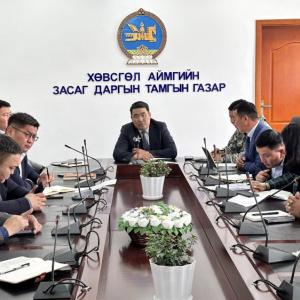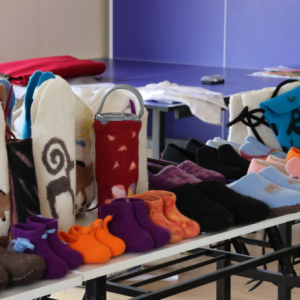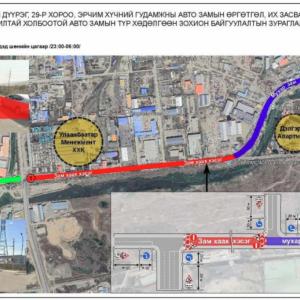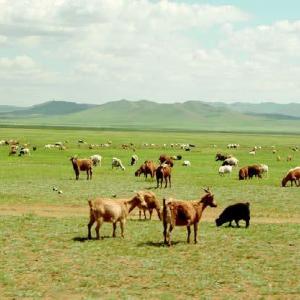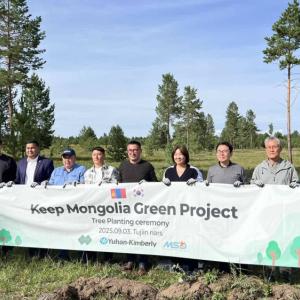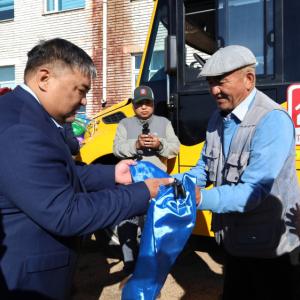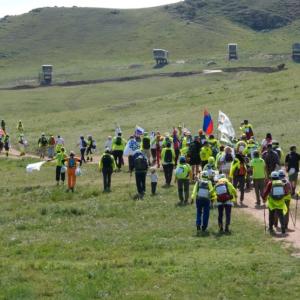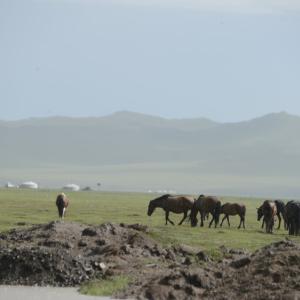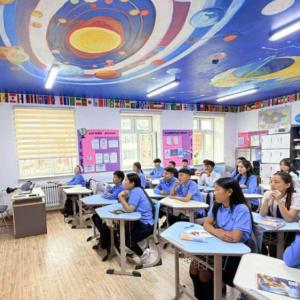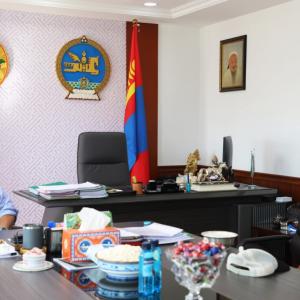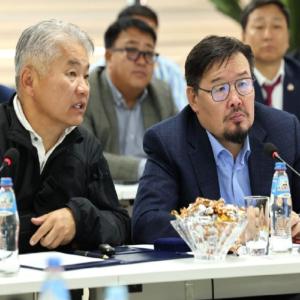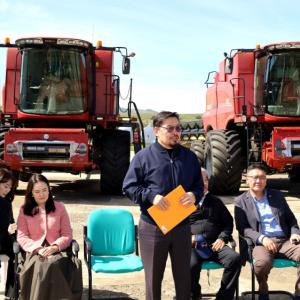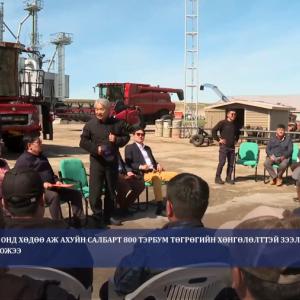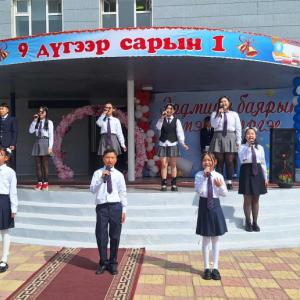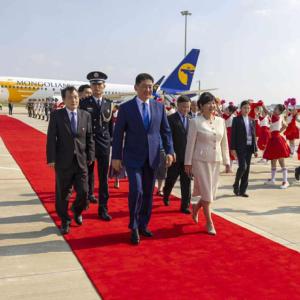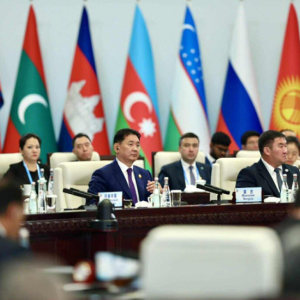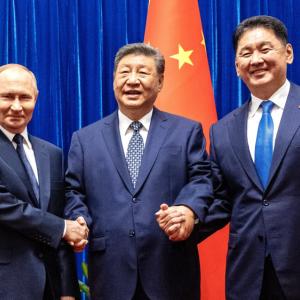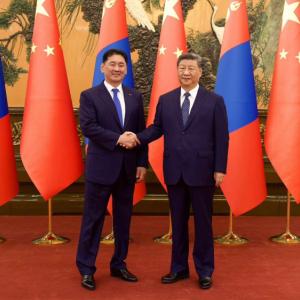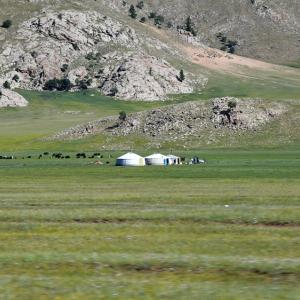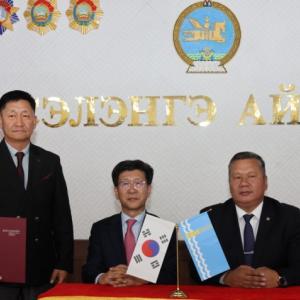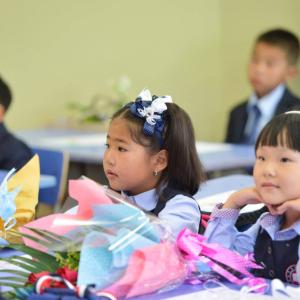Xi Focus: 70 years on, Tibet embarks on new journey of modernization
Society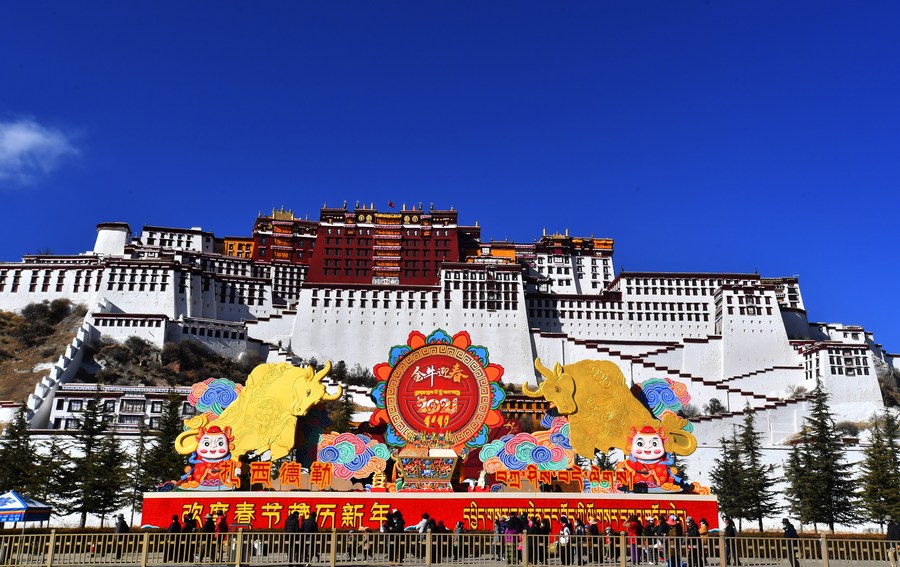
By Xinhua writers Shen Hongbing, Zhang Jingpin, Liu Xinyong, Xia Xiao
China's Tibet Autonomous Region is celebrating the 70th
anniversary of peaceful liberation -- a turning point in the region's history
-- as it starts a new journey of modernization after decades of leapfrog
development.
-- In just a few decades, the Communist Party of China has
united and led the people of all ethnic groups in Tibet to make unprecedented
historical achievements.
-- Efforts must be made to build a new, modern, socialist
Tibet that is united, prosperous, culturally advanced, harmonious, and
beautiful, Xi Jinping has said.
China's Tibet Autonomous Region is celebrating the 70th
anniversary of peaceful liberation -- a turning point in the region's history
-- as it starts a new journey of modernization after decades of leapfrog
development.
With the peaceful liberation in 1951, the people of Tibet
broke free from the fetters of invading imperialism for good, and embarked on a
bright road of unity, progress and development.
In late July, Xi Jinping, general secretary of the Communist
Party of China (CPC) Central Committee, Chinese president and chairman of the
Central Military Commission, visited the region to extend congratulations on
the occasion, the first time in the history of the Party and the country.
"It has been proved that without the CPC, there would
have been neither New China nor new Tibet," Xi said during the visit.
"The CPC Central Committee's guidelines and policies concerning Tibet work
are completely correct."
HISTORIC CHANGES
Thubten Gyaltsen, 81, clearly remembers his miserable days
in old Tibet and has witnessed the great transformation of the region.
"My parents were serfs and we could barely fill our
stomach," he said.
In old Tibet, the three major stakeholders -- officials,
aristocrats and higher-ranking lamas -- and their agents, made up about 5
percent of the population but owned almost all of the land and most of the
livestock. Serfs and slaves had no means of production or freedom of their own
and were subjected to exploitation and oppression.
In 1959, democratic reform was launched and feudal serfdom
was finally abolished in Tibet. A million serfs and slaves were emancipated.
Now, Thubten Gyaltsen and his family live in a two-story
house with 13 rooms and a garage in the city of Xigaze. Five in his family of
six enjoy wages or pension.
"Our lives couldn't be happier, and we are experiencing
a totally different world compared with the old days," Thubten Gyaltsen
said.
Over the past 70 years, the central government has
introduced many favorable policies for the region, covering tax and finance,
infrastructure, industrial development, education, health, cultural
preservation and environmental protection.
Since 1978, the CPC Central Committee has held seven
national meetings on Tibet to adopt major decisions and plans for the region.
"We must make improving people's livelihoods and
rallying public support the starting points and ultimate goals for economic and
social development," said Xi at the seventh Central Symposium on Tibet
Work in August 2020.
In 2020, the regional GDP exceeded 190 billion yuan (about
29.3 billion U.S. dollars). The per capita disposable income of rural residents
in the region was 14,598 yuan, representing double-digit growth for the past 18
years, while that of urban residents came in at 41,156 yuan.
By the end of 2019, all registered poor residents in Tibet
had shaken off poverty, marking the elimination of absolute poverty in the
region for the first time in history.
In just a few decades, the CPC has united and led the people
of all ethnic groups in Tibet to make unprecedented historical achievements.
Tibet has progressed "from darkness to light, from backwardness to
progress, from poverty to prosperity, from autocracy to democracy, from closure
to opening up," said an editorial on Tibet slated to be published on the
People's Daily on Thursday.
The social system in Tibet has achieved a historic leap, the
economy and society have made all-round development, people's lives have been
greatly improved, and the urban and rural areas are not what they used to be,
the article added.
EN ROUTE TO MODERNIZATION
Efforts must be made to build a new, modern, socialist Tibet
that is united, prosperous, culturally advanced, harmonious, and beautiful, Xi
has said.
In the new era, under the strong leadership of the CPC
Central Committee with Xi at the core and with the vigorous support of the
whole country, Tibet has eradicated absolute poverty and achieved moderate
prosperity in all aspects. People in the region enjoy a stable social
environment, economic and cultural prosperity, a sound eco-environment, and
lead better lives.
Tibet has also been increasing the level of specialization
in production and boosting production efficiency. The comprehensive
mechanization rate for growing staple crops has reached 65 percent. The region
has established a comprehensive transport network of highways, railways, air
routes and pipelines.
Stretching 1,956 km from Xining, capital of Qinghai
Province, to Tibet's regional capital Lhasa, the Qinghai-Tibet Railway linking
Tibet with the rest of the country opened in 2006. The Lhasa-Nyingchi railway,
the region's first electrified railway, started official operation in June this
year, with advanced Fuxing bullet trains running on it.
From 1951 to 2020, the central government invested 224
billion yuan in Tibet's education sector. The region now has a modern
educational system that includes preschool, primary and middle schools, higher
education institutions, as well as vocational and technical schools.
During his inspection tour in Tibet last month, Xi said
people of all ethnic groups had jointly contributed to the development of Tibet
and written the history of Tibet.
The continuous pairing-up support programs in Tibet from the
rest of the country have facilitated Tibet's new industrialization, IT
application, urbanization and agricultural modernization over the past few
decades.
Zhang Honglin, who works with a leading egg producer in
central China's Hubei Province, is playing his role in promoting agricultural
modernization in Tibet. Last year, he set up a large egg production company in
Shannan City of the region.
Zhang said that his company has brought advanced technology,
equipment, management methods and experience to help the industry become
competitive and maintain high-quality development. "We have also made many
improvements based on Tibet's special plateau climate environment."
"Practice has fully proved that Tibet can enjoy a
prosperous present and a bright future only by unswervingly upholding CPC
leadership, socialism with Chinese characteristics, and the system of regional
ethnic autonomy," said Zhuang Yan, deputy Party chief of the autonomous
region. Enditem
(Xinhua reporters Lyu Qiuping, Li Jian and Chen Shangcai
also contributed to the story. Video reporters: Liu Xinyong, Shen Hongbing,
Zhang Jingpin, Li Jian, Chen Shangcai, Xia Xiao; Video editor: Zhou Sa'ang.)

 Улаанбаатар
Улаанбаатар

